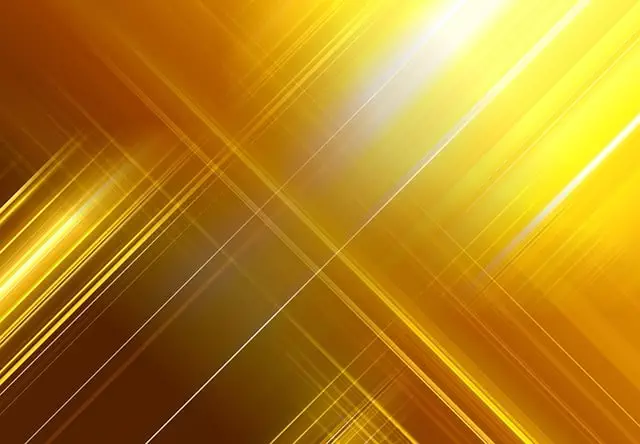Kratom, derived from Mitragyna speciosa plant, shows promise for cardiovascular health. Scientific studies explore its alkaloids and flavonoids, which may lower blood pressure, reduce inflammation, and improve heart function. Kratom's interaction with opioid receptors offers analgesic effects, aiding chronic pain associated with heart issues. Some research suggests anti-inflammatory properties that could prevent heart damage, but more studies are needed to fully understand its complex relationship with cardiovascular health.
Kratom, a natural herb derived from the tropical tree Mitragyna speciosa, has gained attention for its potential to support cardiovascular health. This article explores the scientific evidence behind kratom’s active compounds and their positive effects on blood pressure, circulation, inflammation, and heart recovery. We differentiate between kratom types and provide guidelines for safe consumption, including dosing, side effects, medication interactions, and legal considerations. Discover how kratom might be a game-changer in promoting cardiovascular wellness, but remember to consult healthcare professionals before incorporating it into your routine.
- Kratom and Cardiovascular Health: The Scientific Evidence
- – Explain what kratom is and its origins
- – Discuss the active compounds in kratom and their potential cardiovascular effects
Kratom and Cardiovascular Health: The Scientific Evidence
Kratom, a natural herb derived from the plant Mitragyna speciosa, has gained attention for its potential health benefits, including positive effects on cardiovascular health. Scientific studies have explored the various compounds within kratom, such as alkaloids and flavonoids, which may contribute to improved heart and vascular function. Research suggests that certain kratom strains can help lower blood pressure and reduce inflammation, both of which are significant risk factors for cardiovascular diseases.
The active compounds in kratom have been found to interact with opioid receptors, potentially offering analgesic effects and reducing pain perception. This interaction could indirectly support cardiovascular health by easing chronic pain conditions associated with heart issues. Moreover, some studies point to the anti-inflammatory properties of specific kratom extracts, which may help prevent heart damage caused by inflammation. However, it’s crucial to approach this topic with caution, as more research is needed to fully understand the complex relationship between kratom and cardiovascular health, especially regarding dosage and individual responses.
– Explain what kratom is and its origins
Kratom, scientifically known as Mitragyna speciosa, is a tree native to Southeast Asia, particularly Thailand, Malaysia, and Indonesia. Its leaves have been used for centuries by local communities for various medicinal purposes. The plant has gained global attention due to its potential health benefits, leading to its growing popularity in kratom shops (kratom obchod) worldwide. Kratom is known for its unique chemical composition, containing alkaloids that interact with opioid receptors in the body, offering a range of effects, including pain relief and relaxation without the typical side effects associated with opioid drugs.
This herb has become a go-to option for individuals seeking natural remedies for various ailments, including chronic pain, anxiety, and sleep disorders. Its cardiovascular benefits are particularly intriguing. Some studies suggest that kratom may help lower blood pressure, improve heart health, and enhance overall circulation, making it a potential natural supplement for those looking to support their cardiovascular system. However, as with any herbal remedy, further research is needed to fully understand its effects and ensure safe usage.
– Discuss the active compounds in kratom and their potential cardiovascular effects
Kratom, a natural herb from the tropical kratom tree, contains various active compounds known as alkaloids. Among these, mitragynine and 7-hydroxymitragynine (7-HMG) are particularly notable for their potential cardiovascular effects. Mitragynine has been studied for its ability to interact with opioid receptors in the body, which can lead to reduced blood pressure and improved heart rate variability, suggesting a positive impact on cardiovascular health.
7-HMG, a metabolite of mitragynine, is also believed to contribute to kratom’s cardiovascular benefits. Research indicates that 7-HMG may possess anti-inflammatory properties, helping to reduce vascular inflammation and improve blood flow. Moreover, some studies suggest that kratom’s effects on opioid receptors could potentially enhance the function of endothelial cells, which line the interior surface of blood vessels and play a crucial role in maintaining cardiovascular health.
Kratom, a natural herb with a rich history in Southeast Asia, has gained attention for its potential cardiovascular benefits. The active compounds within kratom, particularly mitragynine and 7-hydroxymitragynine, have shown promising results in improving heart health. Scientific studies suggest these compounds may help lower blood pressure, reduce inflammation, and enhance overall cardiovascular function. While more research is needed, exploring kratom’s potential as a natural supplement for cardiovascular health is an exciting direction. Remember that, when considering any new supplement, consulting with a healthcare professional is crucial.






